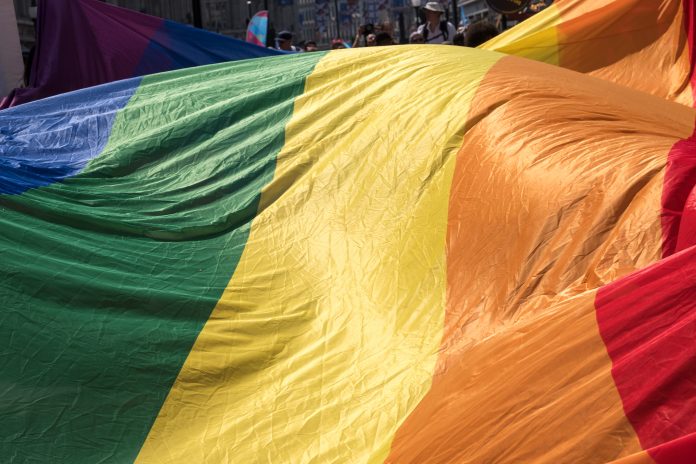The Autism Research Centre found that trans and gender diverse adults are three to six times more likely to be diagnosed autistic
With awareness of non-binary identities slightly increasing in mainstream society, there is also a need to examine how these identities intersect with healthcare. Researchers are beginning to look at minorities, such as BAME groups and LGBTQ identities, to lessen the discrimination and blind-spots that currently exist in the NHS and beyond.
This time, the researchers zeroed in on how gender-diverse and transgender people experience autism at a much more increased rate than cisgender individuals (their birth gender remained their current gender). This research is not attempting to demonise identity, but to understand it – the team did not work with the assumption that one is the symptom of another.
This research, conducted by the University of Cambridge, using data from over 600,000 adult individuals, confirms previous smaller scale studies from clinics. A better understanding of gender diversity in autistic individuals will help provide better access to health care and post-diagnostic support for autistic transgender and gender-diverse individuals.
The gender-diverse data
The team used five different datasets, including a dataset of over 500,000 individuals collected as a part of the Channel 4 documentary “Are you autistic?”. In these datasets, participants had provided information about their gender identity, and if they received a diagnosis of autism or other psychiatric conditions such as depression or schizophrenia. Participants also completed a measure of autistic traits.
Strikingly, across all five datasets, the team found that transgender and gender-diverse adult individuals were between three and six times more likely to indicate that they were diagnosed as autistic compared to cisgender individuals. While the study used data from adults who indicated that they had received an autism diagnosis, it is likely that many individuals on the autistic spectrum may be undiagnosed. As around 1.1% of the UK population is estimated to be on the autistic spectrum, this result would suggest that somewhere between 3.5.-6.5% of transgender and gender-diverse adults is on the autistic spectrum.
Dr Varun Warrier, who led the study, said:
“This finding, using large datasets, confirms that the co-occurrence between being autistic and being transgender and gender-diverse is robust. We now need to understand the significance of this co-occurrence, and identify and address the factors that contribute to well-being of this group of people.”
Dr Meng-Chuan Lai, a collaborator on the study at the University of Toronto, said:
“We are beginning to learn more about how the presentation of autism differs in cisgender men and women. Understanding how autism manifests in transgender and gender-diverse people will enrich our knowledge about autism in relation to gender and sex. This enables clinicians to better recognize autism and provide personalised support and health care.”
The next step is better healthcare
Transgender and gender-diverse individuals were also more likely to indicate that they had received diagnoses of mental health conditions, particularly depression, which they were more than twice as likely as their cisgender counterparts to have experienced. Transgender and gender-diverse individuals also, on average, scored higher on measures of autistic traits compared to cisgender individuals, regardless of whether they had an autism diagnosis.
The study investigates the co-occurrence between gender identity and autism. The team did not investigate if one causes the other.
Professor Simon Baron-Cohen, Director of the Autism Research Centre at Cambridge, and a member of the team, said:
“Both autistic individuals and transgender and gender-diverse individuals are marginalized and experience multiple vulnerabilities. It is important that we safe-guard the rights of these individuals to be themselves, receive the requisite support, and enjoy equality and celebration of their differences, free of societal stigma or discrimination.”
This study was supported by the Autism Research Trust, the Medical Research Council, the Wellcome Trust, and the Templeton World Charity Foundation., Inc. It was conducted in association with the NIHR CLAHRC for Cambridgeshire and Peterborough NHS Foundation Trust, and the NIHR Cambridge Biomedical Research Centre.
Reference
Warrier, V et al. Elevated rates of autism, other neurodevelopmental and psychiatric diagnoses and autistic traits in transgender and gender-diverse individuals. Nat Comms; 7 Aug 2020; DOI: 10.1038/s41467-020-17794-1











